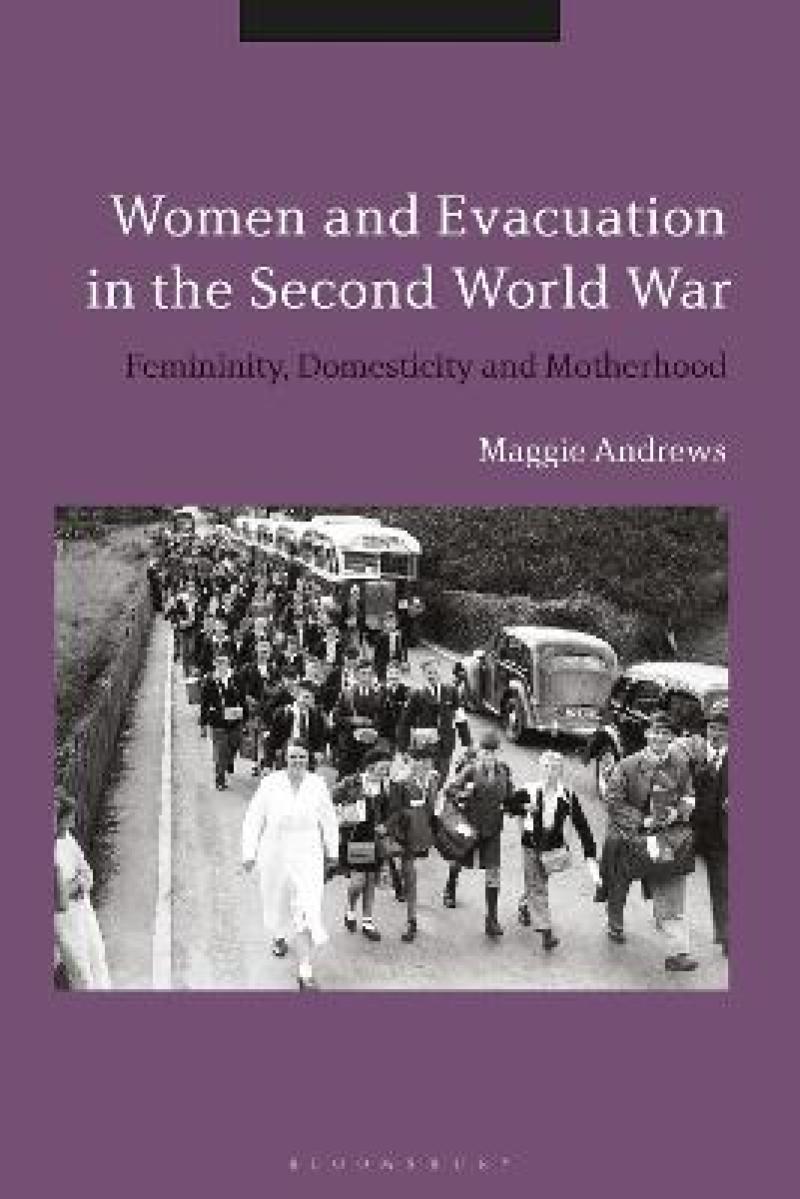A path-breaking account of the women involved in various aspects of the evacuation process. The book is a rich mixture of analytical precision and personal testimony, presenting a compelling story of the women involved in each stage of evacuation: from mothers waving goodbye to their children, to the women who helped smooth their way, to the women who struggled with the challenges of bringing up other women’s children, through to the—mainly female— teachers who acted in loco parentis.
Midland History Journal
[<i>Women and Evacuation in the Second World War</i>] makes an important and necessary contribution to the historiography of evacuation and will undoubtedly become a key text for those interested in the social history of Britain during the Second World War.
Histoire sociale/Social History
This is an engaging account that brings to life the impact of the Second World War’s evacuation experiences on adult women and especially on mothers with empathy for its subject and a keen awareness of why these stories matter. It makes a valuable contribution to the history of women in this war and in modern Britain more generally.
Susan R. Grayzel, Professor of History, Utah State University, USA
